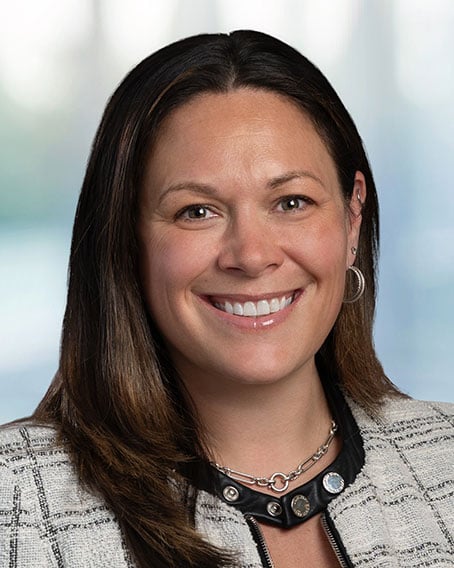Last month the Department of the Treasury released the final instructions for the reporting requirements of the Treasury International Capital Benchmark Form SHL (herein referred to as “Form SHL”). Form SHL is filed every five years with the Federal Reserve Bank of New York (the “NY Fed”), and requires U.S. resident entities to report information regarding foreign ownership of U.S. securities. Data is reported as of June 30, 2019 and must be submitted no later than August 30, 2019.
Very generally, Form SHL is required to be completed by, among others, U.S. resident issuers (including pooled investment vehicles such as private investment funds, hedge funds, mutual funds and other similar commingled vehicles), the securities of which are held by foreign residents, to the extent the total fair value of such securities equals or exceeds $100 million.1 Investment advisers and managers typically file Form SHL on behalf of the U.S. resident issuers they advise.2 As a result, if a U.S. fund has foreign investors with a value of $100 million or more, the fund’s investment adviser will need to complete a Form SHL.
A “U.S. security” is a security issued by a U.S. resident. A U.S. security can be issued in any country, denominated in any currency and traded on any exchange and such factors are not relevant in determining whether the security is a “U.S. security.” Reportable U.S. securities generally include equity securities (including limited partner interests, limited liability company interests and similar equity interests in funds), long-term debt securities, short-term debt securities and asset-backed securities. Certain holdings specified in the Instructions to Form SHL (including letters of credit, derivative contracts, loans and loan participation certificates, securities received as collateral under resale or similar financing agreements, non-negotiable certificates of deposit, bank deposits, annuities, direct investments3 and foreign securities) are exempt from reporting on Form SHL.
Form SHL is a two-part report:
- Schedule 1 to Form SHL requires the U.S. resident report basic identifying information about itself, the securities it issues and summary information about Schedule 2. Schedule 1 is required to be filed if a reporter (a) meets either of the thresholds to report on Schedule 2 or (b) is notified by the NY Fed of an obligation to making a Form SHL filing.
- Schedule 2 to Form SHL requires detailed information regarding U.S. securities, the safekeeping of which is not held with a U.S. resident custodian, to the extent the total fair value of such securities equals or exceeds $100 million.
Notably, Form SHL does not require a reporter to include specific information about the foreign owner of U.S. securities beyond (a) the country of residence of the foreign owner, (b) the currency of denomination of the U.S. security, and (c) whether the foreign owner is a “foreign official.”
For additional information and guidance, a copy of Form SHL and the Instructions are available here. If you have any questions about Form SHL or the reporting requirements, please contact your Ropes & Gray attorney.
- For purposes of determining whether the $100 million threshold has been met, a U.S. resident issuer can exclude the value of any securities held with a U.S. resident custodian.
- For fund structures involving both U.S. and foreign entities (for instance, master-feeder structures), the investment adviser is only required to file with respect to the U.S. entity in the structure. As a result, for example with respect to a U.S. master-foreign feeder structure, an investment adviser would only be required to report with respect to the U.S. master fund (and would report the ownership of the foreign feeder fund, as well as any other foreign direct investors).
- Direct Investments are defined as investments that represent 10% or more of an issuer’s voting equity, and are reportable on the Bureau of Economic Analysis Direct Investment Surveys.
Authors
Stay Up To Date with Ropes & Gray
Ropes & Gray attorneys provide timely analysis on legal developments, court decisions and changes in legislation and regulations.
Stay in the loop with all things Ropes & Gray, and find out more about our people, culture, initiatives and everything that’s happening.
We regularly notify our clients and contacts of significant legal developments, news, webinars and teleconferences that affect their industries.

